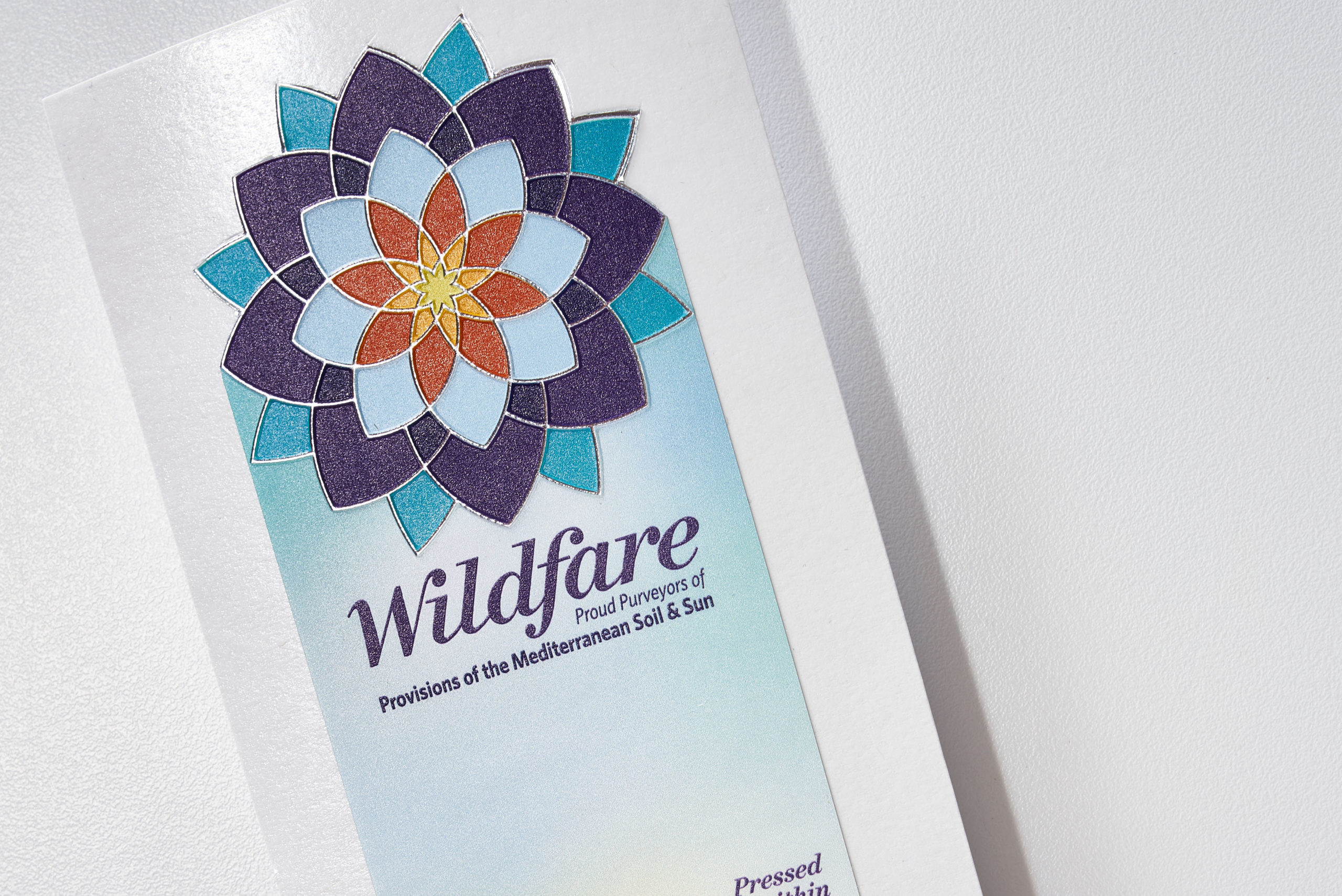Prototyping is a crucial stage of the packaging design process.
Like many roles in the business world, I do a lot of my ‘pen to paper’ work alone. At my desk. With two giant monitors displaying my designs-in-progress. Yes, I meet extensively with clients, conceptualize with creative teams, review research with marketing, collaborate with CEOs, CMOs, brand managers, creative directors, production managers and converters. But much of my design work happens when no one is around. Because of this, most of my clients think that when I finish designing the graphics for a package, the design process is complete.
They would be wrong.
A case in point
This type of design thinking was evident in a recent re-branding I did for Wildfare, a specialty food brand. I partnered with Cog LLC, a highly-regarded package development and prototyping studio that specializes in secondary packaging. We quickly realized how crucial prototyping would be for Wildfare’s new labels and packaging. Why? First, Wildfare’s print supply chain is dispersed throughout the world. Prototyping their new labels became the benchmark for printers and converters throughout their supply chain.
‘Our prototyped labels are the standard-bearer for the quality we expect from our suppliers stateside and abroad,’ says Melissa Clemente, marketing director for Wildfare.
Second, because Wildfare is a premium brand of food products derived ‘from the Mediterranean Soil & Sun’, it requires premium packaging to connect with its consumers and brand story. We opted for metallics to enhance the luxury nature of the new packaging.
Even with a strong onscreen or PDF mock-up, metallic options are difficult to envision in a design. In order for us to know exactly how the packaging would look in real life – in three dimensions – we knew we needed the power of prototyping. We wanted to ensure that the final design would look and feel the way we imagined, while leveraging our budget and engaging shoppers. After all, successful packaging must have shelf appeal to attract and engage shoppers and create confidence and trust once they get the product home.
I worked closely on the Wildfare prototyping with Lindsey Frimming, partner and chief innovation officer at Cog, who put it this way: ‘Whether it’s fragrance or food, if the packaging doesn’t stand out on the shelf, the consumer is going to just keep moving.’
Experiencing design in the physical world
After much consideration, I’ve compiled the top three advantages of package prototyping: touch, experience and sight. Let’s start with touch. Holding a packaging design in the physical world, rather than just seeing it onscreen, feels very different. We can turn it in every direction, test it in different lighting, and trust it because it is a physical object.
People are often surprised at their response to touching a prototype; they don’t foresee how powerful the real-world, physical piece will be, especially because they have every confidence in our onscreen design. The prototype takes it to the next level.
When I prototype with Cog, we often do it in two stages – first for structure, shape and substrate; second for exploring different finishes. ‘All you have to do is look on store shelves to see how important touch is,’ says Lindsey. And we know from research that once a shopper picks up a product from the shelf, they are more likely to put it in their cart and purchase it.
Having a product design to experience in the third dimension is important for the purchasing manager and/or for a consumer test panel, too. Elements that drive touch will usually add cost to the packaging. Brands need to make sure that their investment will pay off.
When it comes to prototyping, it’s not just about ‘what is’; it’s also about ‘what if’. Without prototyping, so many things can go wrong. The print quality may not come out as the designer and brand envisioned; the dieline might fail; the unboxing experience may be flawed. But the actual risk, says Lindsey, is that ‘brands risk not having the opportunity to truly engage the consumer’s senses and ultimately win on the shelf’.



